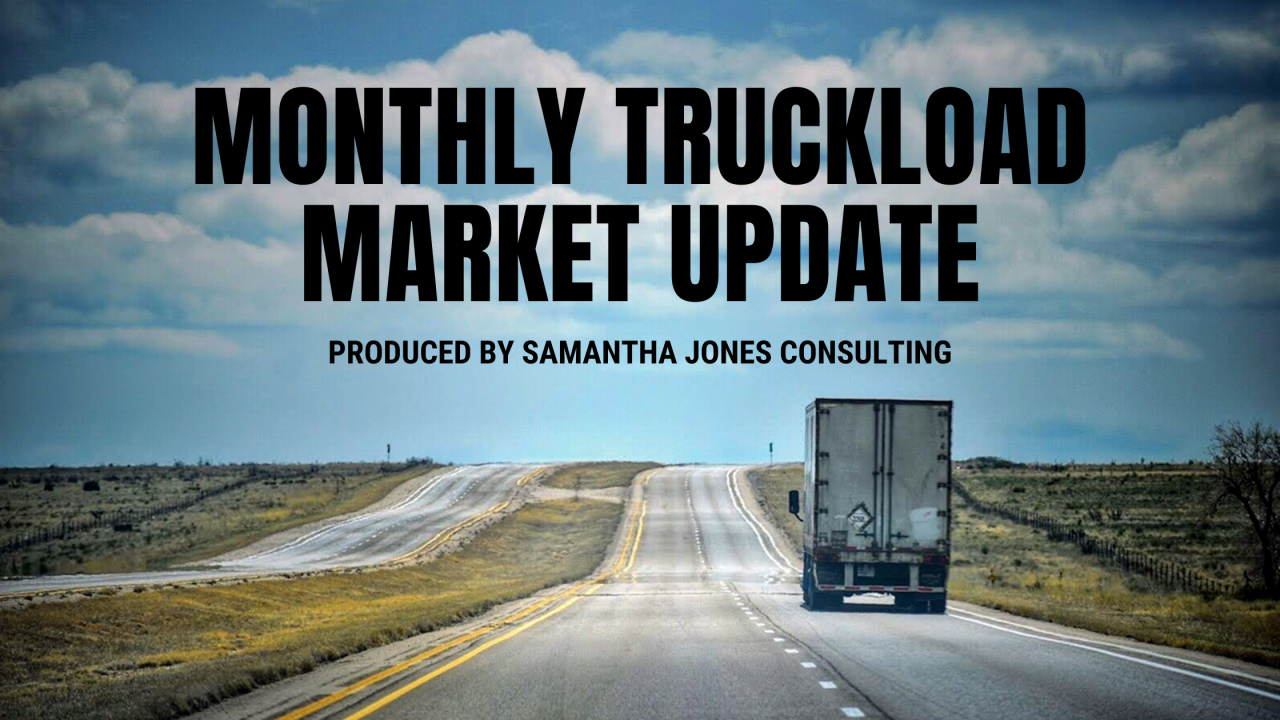
The logistics industry gathered recently in Chicago at the Journal of Commerce Inland Distribution Conference 2025 to discuss key insights shaping the broader supply chain. Among the attendees offering deep expertise was Sam Martinez of Redwood Logistics, who provided a valuable perspective on the changing dynamics of the market, the increasing importance of the 4PL (Fourth-Party Logistics) space, and the necessity of technology adoption.
Martinez, who has been in the industry for almost 16 years, emphasized that the 4PL model moves beyond the traditional third-party logistics (3PL) function of managing warehousing or outsourcing freight. A 4PL is focused on orchestration, especially regarding how systems are integrated and implemented.
Redwood Logistics, for example, functions as a top system integrator, working exclusively with platforms like Oracle and MercuryGate to implement their software for shippers. This orchestration design is central to the 4PL terminology. This focus is so crucial that Gartner is actively solidifying the 4PL category, differentiating it from mere logistics management to include system integration and how those systems communicate.
In the current market, shippers face significant challenges. Demand is muted across nearly all sectors, and while logistics and procurement teams have worked effectively since the pandemic to streamline operations and drive down savings, this approach has reached its limit.
Martinez noted that shippers are now in a "weird place" where rates may be slowly ticking up, and tender rejections are a real factor. He stresses that simply procuring freight down won't meet savings targets. The focus must shift to data and technology to help finance departments hold EBITDA, retain customers, and outperform competitors.
Sam Martinez, Redwood Logistics:
"As a shipper, you're not going to procure your way to your savings targets. ... That's where the value of 4PL can come in for shippers, is saying, well, what does your data strategy look like? How well are your systems talking to you? Um, how are you weaponizing that data, actionizing that data?"
For Redwood Logistics, this means supporting both data and logistics strategies through their managed transportation and brokerage services, aiming to be a full, one-stop provider. The goal is to ensure that operators, finance, and warehouse teams all feel the positive impact, ultimately delivering speed to the customer.
The complexity of a shipper's tech stack is often underestimated. Many shippers utilize 8, 10, 12, or even 15 different platforms, and measuring the return on these investments is crucial. Martinez highlighted a common pitfall: logistics managers sometimes dismiss technology issues as purely "an IT thing". However, as he pointed out, it directly impacts the bottom line and P&L.
The best shippers embrace forward-thinking strategies that involve 18 to 2-month road maps combining technology, freight, and analytics. This requires cross-functional groups, sometimes known as a "center of excellence," to ensure technology benefits compliance, customer relations, suppliers, and freight routing. Consultation remains a core part of the 4PL role, advising customers on new processes and technologies, providing a "shortcut to speed" around technology.
Furthermore, the quality of data is paramount, especially as artificial intelligence (AI) comes to the fore. For example, some companies are already training AI using large language models to automatically manage driver dispatch responses, updating the TMS status with data inputs like ETAs and seal numbers. However, Martinez observed that many companies' data is simply "not in a good place" to successfully feed these AI solutions.
Looking ahead, a key differentiator in the supply chain space is the concept of the open ecosystem. While the logistics world has historically been highly segmented and competitive, it is moving toward greater connectivity.
Sam Martinez, Redwood Logistics:
"What's really differentiated us is the idea of around open ecosystem. There are numerous independent software vendors. There are so many different carrier solutions now, visibility solutions, IoT devices, things of that nature."
This open connectivity allows 3PLs and forwarders to normalize data and enable their systems to communicate, resulting in faster delivery for their customers. For companies like Redwood, this open approach means adding value not just to shippers but also to other 3PLs. The future of the industry is intrinsically linked to this integration.
A logistics expert commented that while the industry has been saying "logistics and tech" are intertwined for years, "this is actually the time we've been saying it's going to be coming. We're living it now". As a younger generation of leaders takes control, they are quickly adopting new learning processes, piloting new approaches, and recognizing that "you can't just sit in one place".
When discussing predictions for the freight market, a logistics expert shared optimism for 2026, hoping to see moderate improvements in manufacturing and residential housing. They acknowledged that the unfortunate reality of the current downcycle is the necessary exit of some carrier capacity, which, while difficult to discuss, ultimately helps those who remain become stronger.
The expert also voiced hope that as the market changes, the industry will adopt a more balanced approach. Data is helping this transition, as real-time information is more accessible, meaning that the margins and rates utilized by brokers and carriers are "not as big a secret as people think it is". This transparency should foster a more "symbiotic" relationship within the space.
For individuals starting their careers, Martinez offered some powerful advice learned early in his 16-year tenure:
"Look, bottom line, if you give this industry 3 years, work hard, right? It's not going to be easy. 3 years. If you don't give it three years, you'll never know the full benefits. If you give it three years and you hate it, leave."
Ultimately, those focused on adapting their long-term strategy, successfully lowering operating costs, and embracing the junction of logistics and technology are best positioned to thrive as the market continues its evolution.

The final Truckload Market Update of 2025 is here! Inside, we’re revisiting last December's forecast, sharing expert predictions for 2026, and breaking down yesterday’s Fed rate cut and current truckload rates. Plus, grab a $200 discount for Manifest and check out the latest Meet Me For Coffee episodes. A huge thank you to sponsors Watco and BiggerPicture for their support this year—Merry Christmas, and see you in 2026!
Read More
This month's truckload market update covers rates, capacity, the economy, inflation, and political news affecting the supply chain.
Read More
Celebrating two years of publishing my monthly industry report through SJ Consulting! This edition explores inflation, wage growth, AI’s impact on labor, the Fed’s path, truckload rates, and more.
Read More